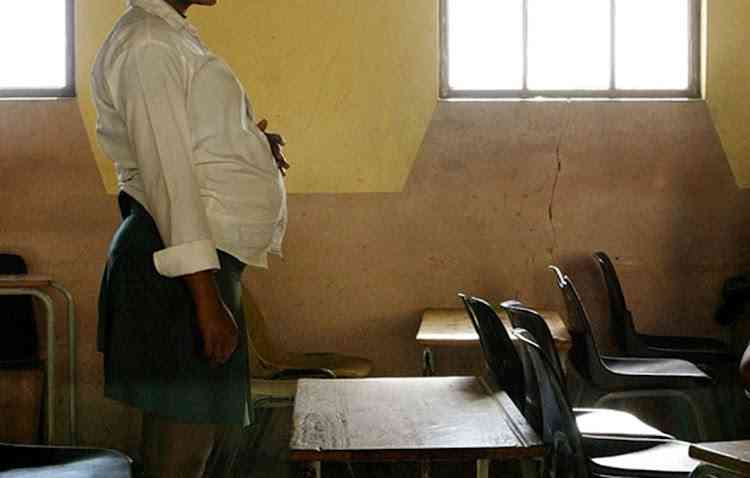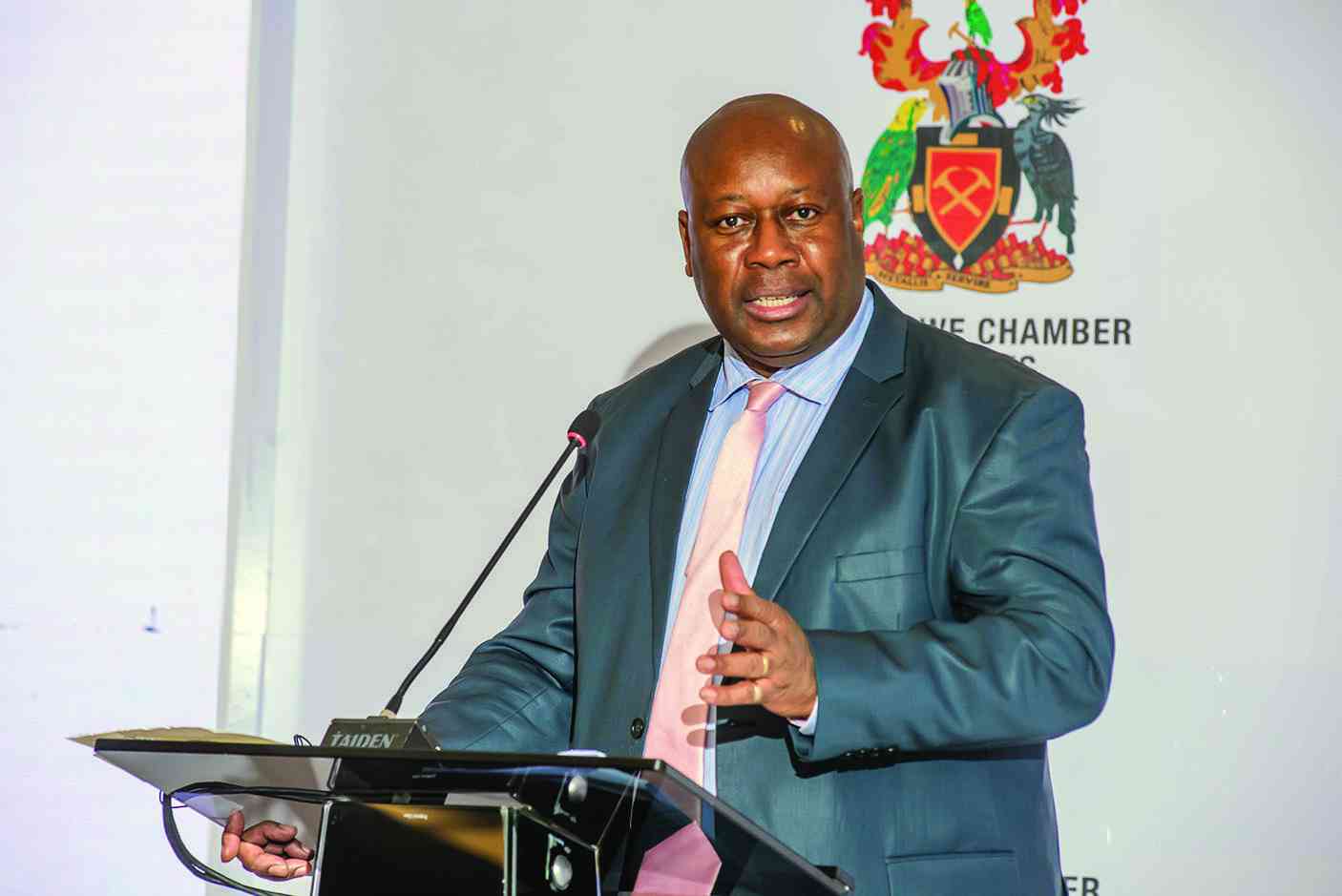
TEENAGE pregnancy remains a significant barrier to the educational development of young women globally. While it is not a new issue, it is alarming that in the information age, where access to sexual education and contraception is widespread, this challenge persists. In many African countries, prevailing economic, social, and political insecurities exacerbate the problem, further distancing us from the ideal of a stable and prosperous society.
Globalisation and multiculturalism have loosened traditional moral codes, particularly in the echo chambers of social platforms, where themes like sexual liberation, promiscuity, and indulgence in debauchery are becoming increasingly dominant.
The media’s oversexualisation has normalised risky behaviours, such as substance abuse, peer pressure, and relationships with older men, which have a detrimental impact on young people. This normalisation drives teenagers to experiment with sex at an early age, contributing to the erosion of societal values. Other factors contributing to teenage pregnancy include a lack of information about sexual and reproductive health, sexual violence, and child marriage.
In Zimbabwe, it was reported that at least 680 girls aged 10 to 14 became pregnant during the first half of the previous year. These figures only represent cases reported to the Ministry of Health and Child Care, indicating that many more likely went unreported. Additionally, 51,376 girls aged 15 to 19 received antenatal care during the same period, with healthcare professionals overwhelmingly agreeing that these girls are too young to be mothers.
Each year, numerous adolescent girls are forced to leave school or face discrimination and exclusion due to pregnancy or motherhood, despite existing policies intended to protect them. Zimbabwe's national teenage pregnancy rate stands at 22%, making it the leading cause of school dropouts among adolescent girls.
This disruption in education is coupled with severe psychosocial consequences, including emotional stress, pregnancy-induced eclampsia, suicidal ideation, and postpartum psychosis.
Public shame and social stigma are harsh realities for pregnant girls and their families, often leading to their exclusion from the formal education system. The government has made significant strides in preventing early marriages, including raising the minimum age for marriage to 18. However, underlying factors such as traditional and religious biases, lack of comprehensive sexual education, child marriage, poverty, and gender inequality continue to fuel teenage pregnancy. Interventions thus far have been more symbolic than effective, underscoring the need for a proactive approach at the individual, community, and structural levels.
The Women’s Democracy Network Zimbabwe recently hosted a training on gender- responsive policymaking, highlighting the growing recognition of gender equality as a crucial element in policymaking. This training addressed the challenges women face in politics, leadership, and society, leading to the development of gender-responsive policies and practices.
- Celebrating importance of mother languages
- The artist in environmental justice
- Celebrating importance of mother languages
- The artist in environmental justice
Keep Reading
Such policies can help create an environment that is supportive, safe, and inclusive, enabling women and girls to engage, share ideas, and contribute to societal and governance advancements.
One of the key issues discussed was the importance of education and addressing teenage pregnancy, with participants emphasising the need to sensitise parents and communities about the importance of open communication on sexuality and reproductive healthcare services in schools and workplaces.
- There must be a paradigm shift from merely addressing the consequences of teenage pregnancy to preventing it altogether. Gender-responsive policies can foster an environment that promotes sex education and awareness of the effects of teenage pregnancy, helping teenagers develop self-awareness and decision-making skills that encourage positive social change rather than perpetuating social ills.
- Nyawo is a development practitioner.










